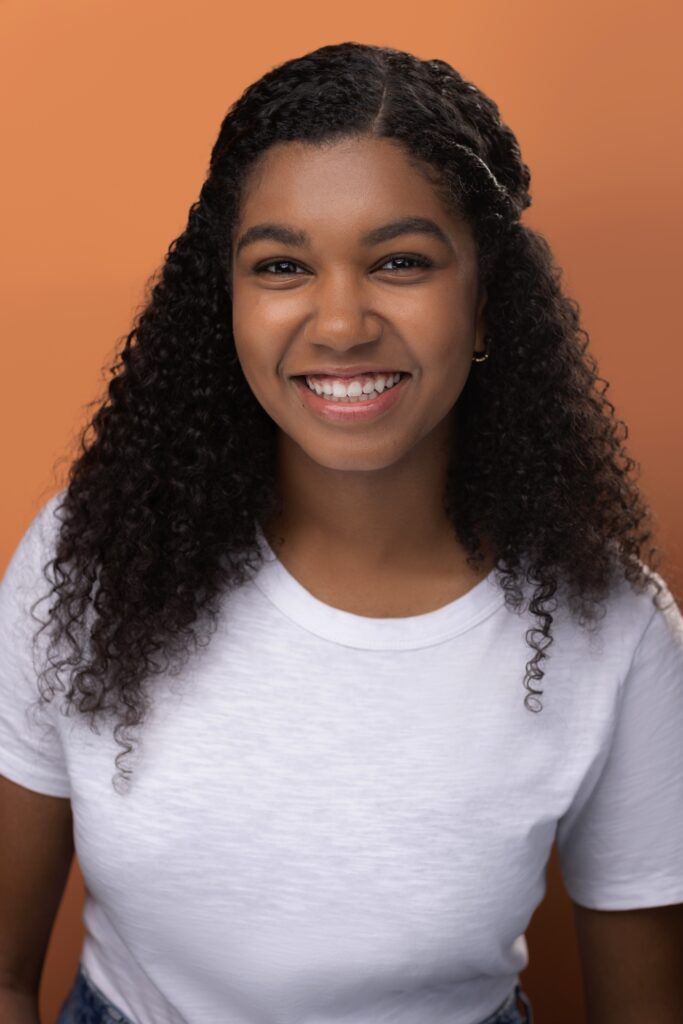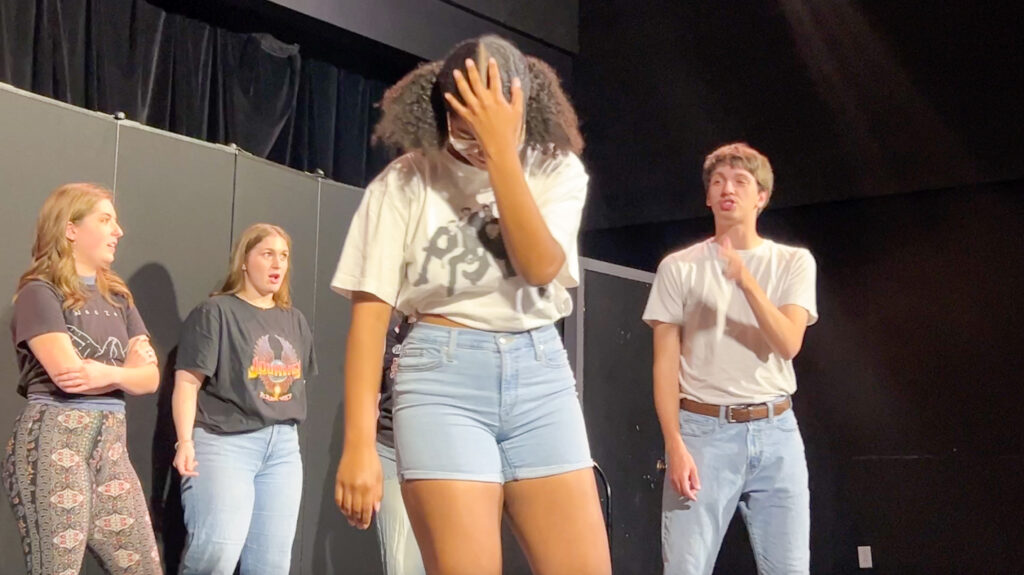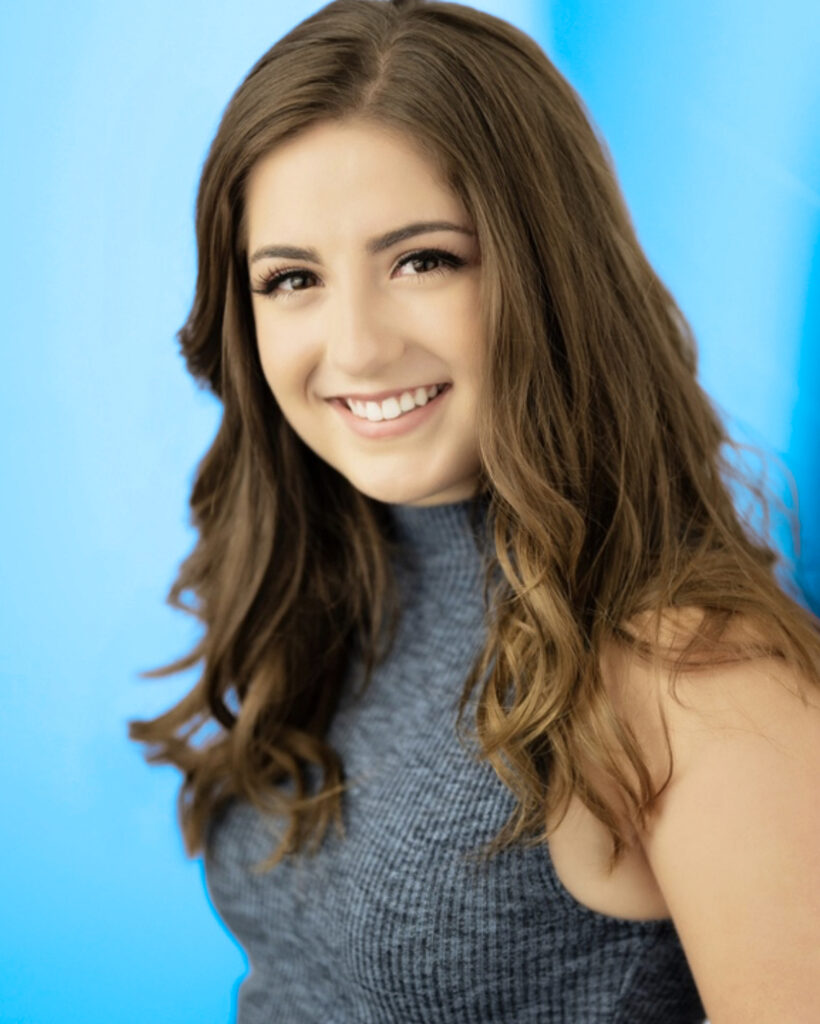By Lily Niebrugge
In Southeast Missouri State University’s (SEMO) Dramatically Incorrect Comedy Club (DICC), students like freshman musical theater major Brea Johnson take center stage in their comedy.
Johnson says she auditioned for DICC, an improv troupe on SEMO’s River Campus that produces shows often comparable to the early 2000s TV show “Whose Line Is it Anyway,” at the beginning of Fall 2024.
Auditioning alongside 30 to 40 other students, the group accepted four new members, and Johnson was one of them. Despite the competitive nature of the auditions, Johnson says she never felt intimidated because of the welcoming nature of the group.
DICC president during the 2024-2025 academic year and music major Nathan Anderson says the purpose behind casting a smaller group was to ensure a close community among the members and to keep rehearsals easy to organize. This past year, the group had nine members.
Johnson says the unscripted nature of being a part of DICC has helped her grow as a comedian; it’s what she loves about comedy.
“There’s a great sense of community [in DICC] where people are very supportive of you and let you try all these things,” Johnson says. “I don’t think I could have asked for a better environment to be in doing experimental comedy like this, especially with improv, because you never know what’s going to happen next, because it’s not scripted.”
Founded approximately seven to eight years ago by SEMO alumna Francessca Bucci, a comedian and actress who now lives in Chicago, DICC’s shows typically consist of games and scenes.
Johnson says improv is all about creating scenes in the moment. She says the performers try not to control a scene too much, instead allowing their fellow DICC members to help guide it.
“We talk about bringing bricks instead of building a cathedral. So, when we say that, we want to bring just enough to the scene for the person that you’re performing with can build off of it, instead of trying to lay out the whole scene by yourself,” Johnson says. “If you do too much in a scene and try and take control right away, it actually takes away from a lot of the humor and the character and the creativity, because you’ve already decided everything.”
Despite the opportunities provided by DICC, pursuing comedy as a woman has its challenges in today’s entertainment world.
According to the New York Post’s top 175 comedy tours of 2025, 32 are shows by comedians who are female, which is approximately 18%. According to the media platform FeedSpot, of the top 80 comedy influencers, 28 are women. And in March 2025, Variety reported that the only late-night show with a female host, “Late Night with Taylor Tomlinson,” had been canceled.
Johnson says growing up, she often felt as though she wasn’t allowed to be as funny as the boys in her family. And junior DICC member and musical theater major Haley Hudson believes women may more often have to resort to self-deprecating humor than men.
“I think [a woman] who might not be conventionally attractive might have to have … this thing that makes them funny. [Being funny] can’t just be who they are,” Hudson says. “If they get a lot of attention, most of the time, it’s because they have this one really funny thing, and it’s a joke against them that everyone can laugh at.”
DICC member and junior acting major Anna Riemenschneider says her biggest inspirations in comedy are Nikki Glaser, Melissa McCarthy, Tina Fey and Sarah Sherman.
While the group does not currently write any sketches prior to their performances due to the improvisational nature of the group, Riemenschneider says she always chooses a character and a voice for her partner to play off of prior to entering a scene.
“I’ll pick a couple voices before a show starts, and then I’ll challenge myself when I begin a scene, no matter what the other person brings to the table, to do something with one of my voices and see how that takes the scene in a different direction, and how that affects their character and our relationship with each other,” Riemenschneider says.
Riemenschneider advises anyone pursuing improv comedy for the first time to be unafraid of taking risks with their humor. And, if the other performer is good, don’t be afraid to rely on them for help.
“If you think it’s funny, someone else will like it,” Riemenschneider says. “There’s a lot of things where I do think that I’m funny, but not everyone understands my sense of humor, but I know that somebody will.”
Editor’s Note: Photos and parts of the interviews in this story were first published May 20, 2025, by Arrow, Southeast Missouri State University’s student-run news organization.





